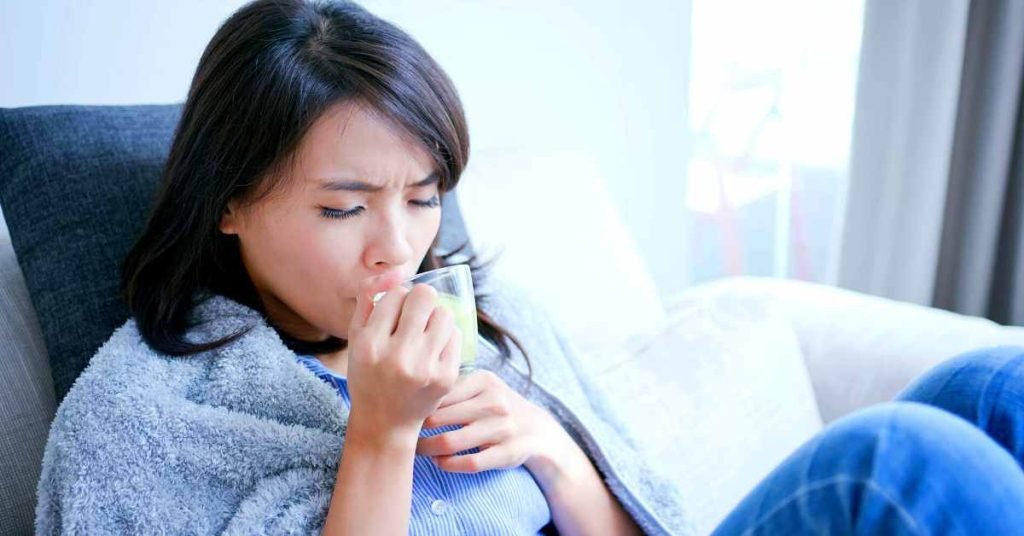Tea has been cherished for centuries for its soothing properties and numerous health benefits.
Beyond its reputation as a delightful beverage, tea has gained attention in recent years for its potential to promote hair growth.
This connection between tea and hair health has captivated the beauty and wellness industry, prompting individuals to explore the influence of different teas on hair growth.
In this article, we will delve into the world of teas and their potential effects on promoting lush, beautiful locks.
The Tea-Strands Connection
Tea is known to contain a wide array of bioactive compounds, some of which may impact hair health.
While scientific research is still evolving, there is evidence to suggest that certain teas may contribute to hair growth.
Here are some of the teas that are commonly associated with promoting healthy hair:
Green Tea
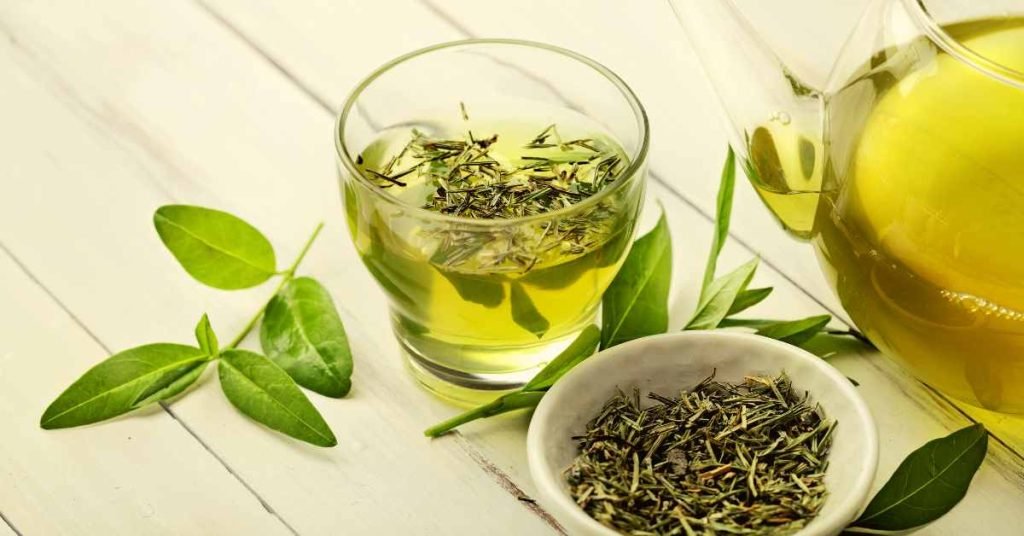
Green tea, derived from Camellia sinensis leaves, is renowned for its numerous health benefits, thanks to its rich content of antioxidants, polyphenols, and catechins.
These compounds have been found to have potential effects on hair growth.
One such catechin is epigallocatechin gallate (EGCG), which is believed to stops the production of dihydrotestosterone (DHT), a hormone connected to hair loss.
By reducing DHT levels, green tea may help maintain hair follicle health and, subsequently, promote hair growth.
Black Tea

Black tea, like its green counterpart, is produced from the Camellia sinensis plant, but it undergoes fermentation, which changes its chemical composition.
The caffeine content in black tea stimulates blood circulation when applied topically to the scalp. Improved blood flow to hair follicles can potentially enhance hair growth by providing more nutrients to the hair bulbs.
Peppermint Tea
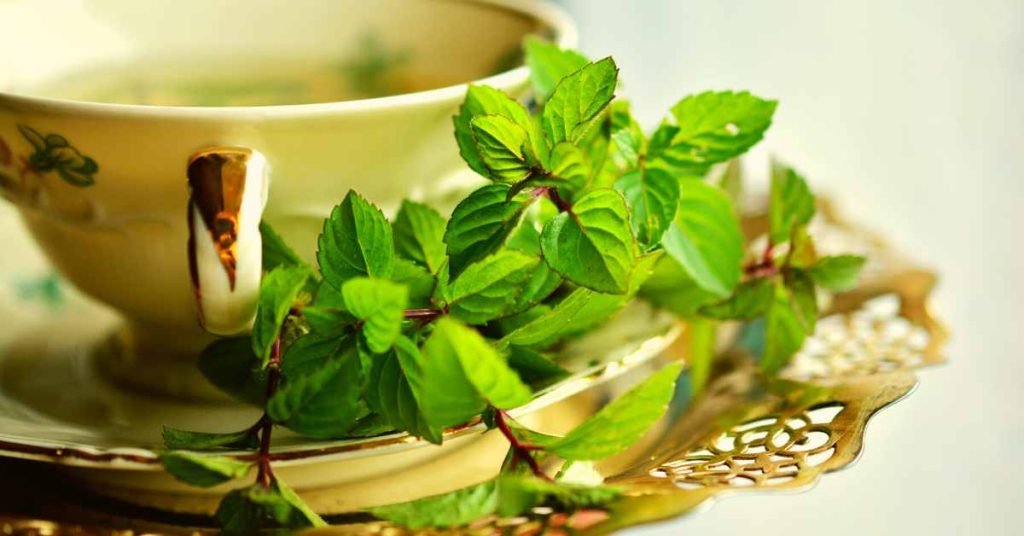
Peppermint tea is celebrated for its invigorating aroma and taste, but it may also offer benefits for hair growth.
Menthol, the primary component in peppermint, has a cooling and soothing effect on the scalp.
This can help relieve dandruff, reduce itching, and create an optimal environment for hair to grow. Some studies suggest that peppermint oil, when applied to the scalp, can improve hair thickness and growth.
Rosemary Tea
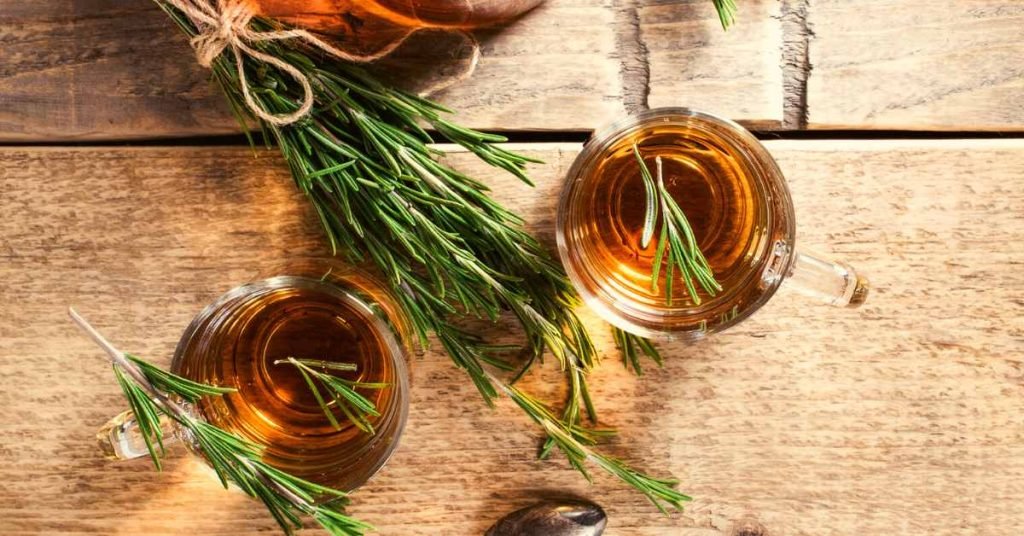
Rosemary tea is another herbal infusion that has gained attention for its potential to boost hair growth.
It contains ursolic acid, which is believed to increase scalp circulation and promote hair follicle health.
Additionally, rosemary tea has antimicrobial properties that can help keep the scalp clean and free from infections, which may contribute to hair loss.
Nettle Tea
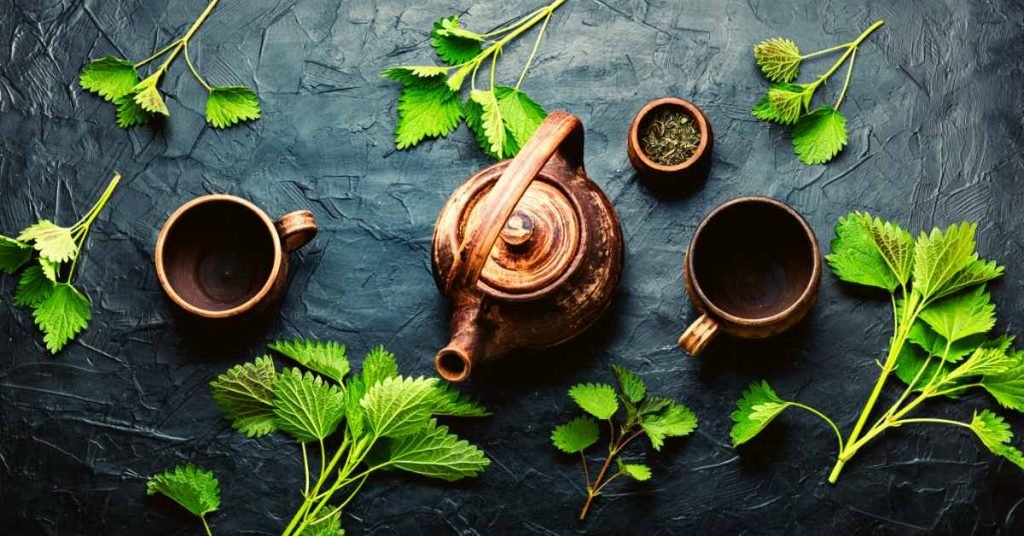
Nettle tea is rich in vitamins and minerals, including vitamins A and C, as well as iron and silica.
These nutrients are essential for hair health and may help prevent hair loss and promote new hair growth.
Silica, in particular, plays a role in strengthening hair and preventing breakage.
Hibiscus Tea
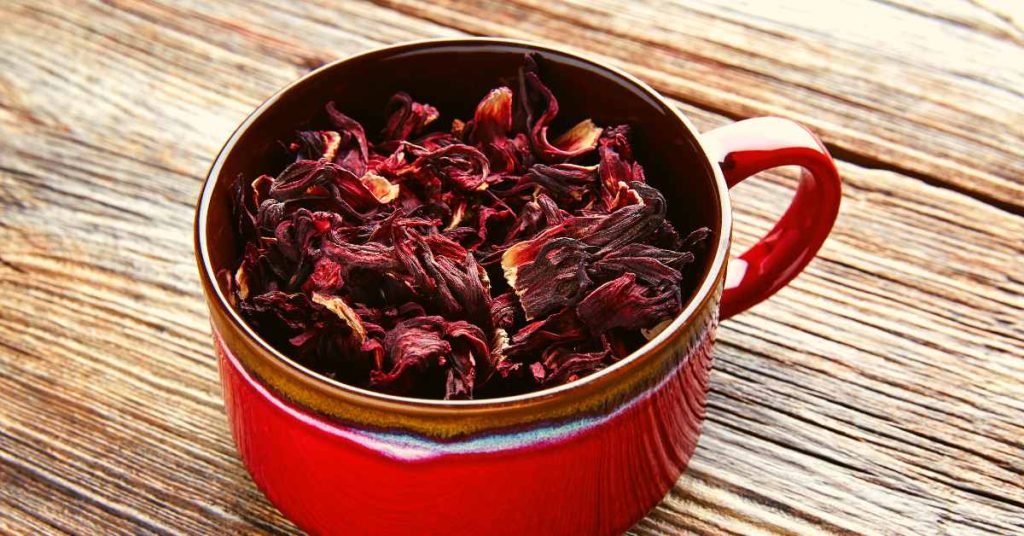
Hibiscus tea, made from the dried petals of the hibiscus flower, is loaded with vitamin C and antioxidants.
Vitamin C is crucial for collagen production, a protein that supports hair structure. The antioxidants in hibiscus tea may also combat free radicals that could damage hair follicles.
Chamomile Tea
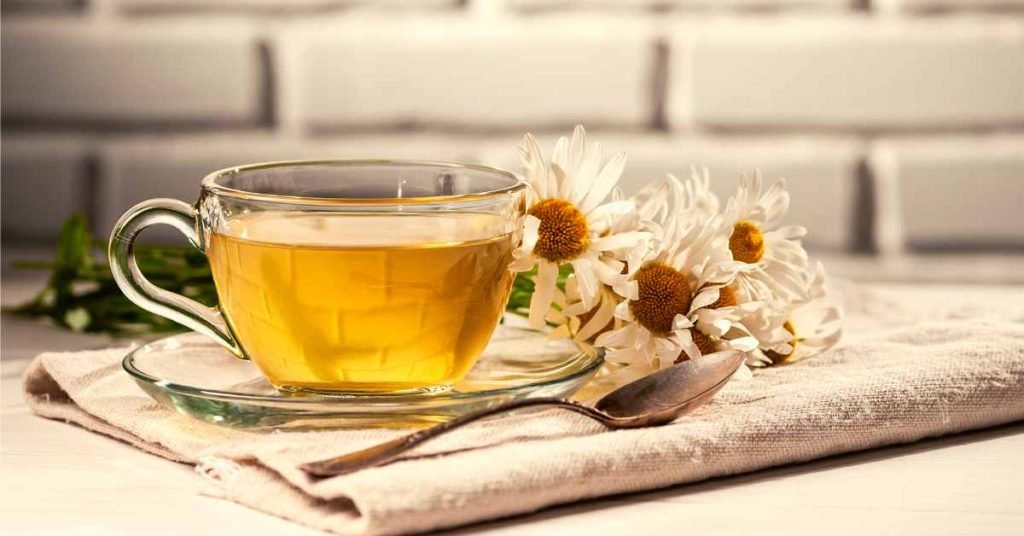
Chamomile tea is widely appreciated for its calming properties and soothing effects.
It can help reduce stress and anxiety, which can have a positive impact on hair health.
Chronic stress is associated with hair loss, so by promoting relaxation, chamomile tea indirectly supports hair growth.
Scientific Evidence and Considerations
While these teas have garnered popularity for their potential hair benefits, it’s important to note that scientific research in this area is still limited, and results can be mixed. The effects of tea on hair growth may vary from person to person, and individual responses depend on a range of factors, including genetics, diet, overall health, and the specific type of tea used.
For the best results, individuals interested in promoting hair growth through tea should consider these tips:
Topical Application: Some people apply brewed and cooled tea directly to their scalp as a hair rinse. This may provide a more concentrated dose of the beneficial compounds directly to the hair follicles.
Dietary Intake: Consuming tea regularly as a beverage can provide internal benefits, but it may take time to see noticeable effects on hair growth. Ensure a balanced diet with other essential nutrients for comprehensive hair health.
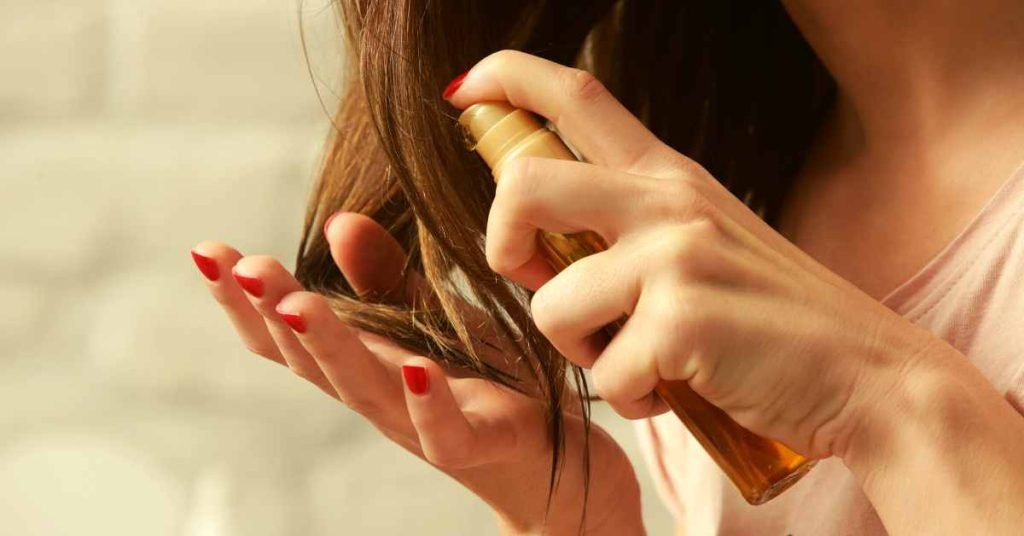
Patience: Hair growth is a gradual process, and it may take several months before results become evident. Consistency is key when using tea as a hair care method.
Consultation: If you have concerns about hair loss or are looking to enhance hair growth, it’s advisable to consult with a healthcare professional or dermatologist. They can provide personalized advice and recommend the best course of action.
Final Word
While tea has been cherished for centuries as a soothing and healthy beverage, it is only recently that its potential to promote hair growth has come under the spotlight.
Various teas, including green, black, peppermint, rosemary, nettle, hibiscus, and chamomile, have been associated with potential hair benefits due to their unique bioactive compounds.
It’s important to remember that individual responses may vary, and the science is still evolving in this area.
Using tea to promote hair growth should be part of a holistic approach that includes a balanced diet, proper hair care, and possibly consultation with a healthcare professional for those experiencing significant hair loss.
So, enjoy your tea not only for its delightful taste but also for the potential contribution it can make to your hair health, one cup at a time.
MEDICAL DISCLAIMER
Itsnevernotteatime.com cannot and does not contain medical/health advice. The medical/health information is provided for general and educational purposes only and is not a substitute for professional advice.


